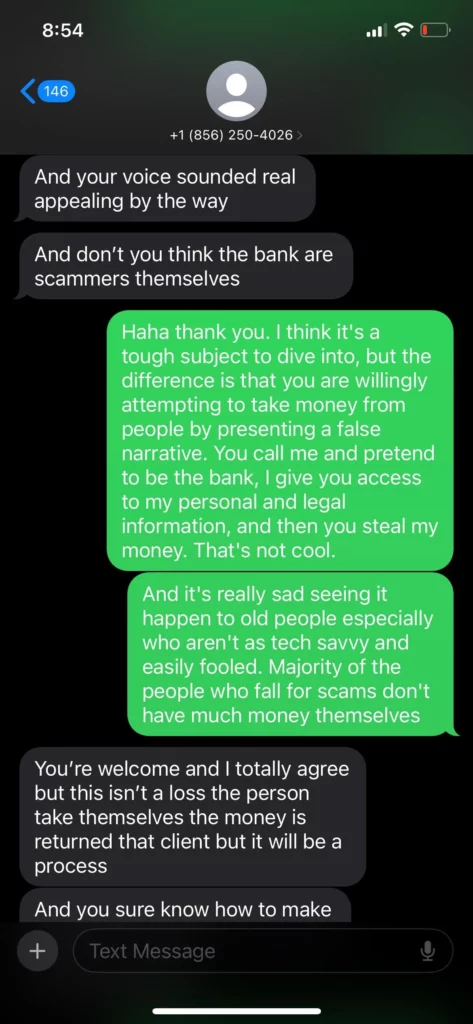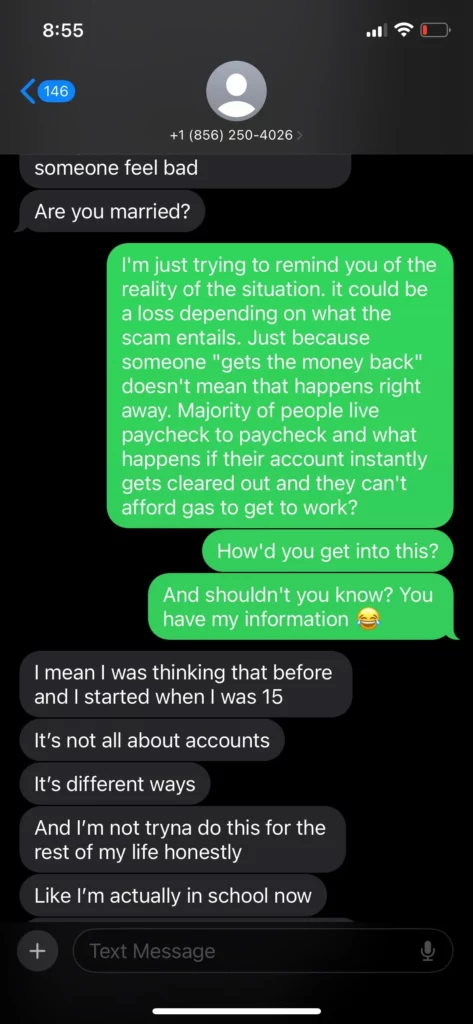Most of the time, when we think of scammers, we imagine individuals at the very fringes of morality, preying on the vulnerable—often the elderly—to deceitfully extract money. It’s a common narrative that paints these actors as devoid of any scruple. Personally, I’ve never encountered a scammer who showed signs of remorse or a conscience, but that doesn’t mean they don’t exist. In the vast expanse of the internet, there are numerous subreddits dedicated to countering these deceitful tactics, ranging from sharing revenge strategies to simply making light of their attempts. The subreddit r/scambait stands out by choosing to engage with scammers in a manner that’s more whimsical than vindictive, providing a platform for cheap laughs at the expense of scammers.
However, a recent post on this subreddit diverged from the usual content in a way that was both surprising and somewhat heartwarming. It began with the expected exchange—an insult hurled at a scammer attempting to coax out bank account details. But what followed was unexpected: the scammer had a change of heart. They confessed how they obtained the victim’s information and proceeded to offer advice on safeguarding against future scams. This incident serves as a potent reminder that while scammers may indeed exploit the most vulnerable among us—a reprehensible act—there are moments that reveal a shared humanity. Sometimes, it’s essential to recognize that we don’t fully understand everyone’s circumstances. While nothing justifies exploiting the vulnerable, this encounter reminds us that, deep down, “even the most tarnished silver can catch a glimmer of light.”









This story not only highlights a rare occurrence of ethical awakening among those we readily dismiss as irredeemable but also urges readers to approach the phenomenon of scamming with a more nuanced perspective. Yes, scammers are a blight on society, but they, too, are human. Occasionally, they remind us that beneath the layers of deceit, there might just be a flicker of conscience, urging them to right a wrong. This narrative invites us to consider the broader context of why individuals might resort to scamming and encourages a dialogue on empathy, redemption, and the potential for change, even in the most unexpected of characters.
















